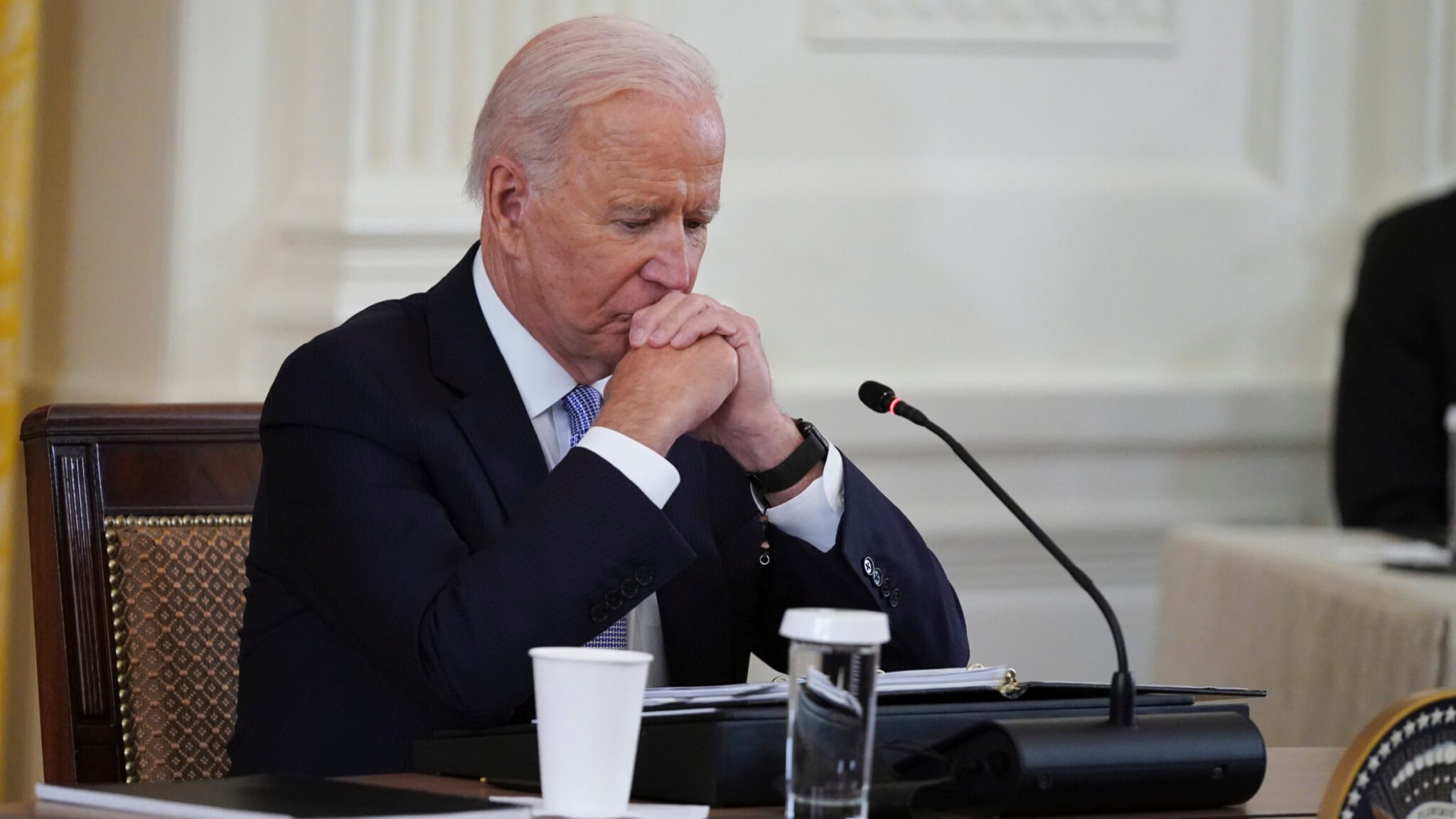
'Put up or shut up': Biden, Dems have one last chance to resurrect drug pricing reforms ahead of elections
Before Sen. Joe Manchin (D-WV) put the final kibosh on the Build Back Better Act late last year, Democrats had never been so close to passing major drug pricing reforms.
But after that bill died in the Senate, even as Manchin vowed to back such pricing reforms, reaching 50 votes to pass a bill under reconciliation seemed to be stretching out of reach as the congressional summer recess nears and as midterm elections approach.
Unlock this article instantly by becoming a free subscriber.
You’ll get access to free articles each month, plus you can customize what newsletters get delivered to your inbox each week, including breaking news.